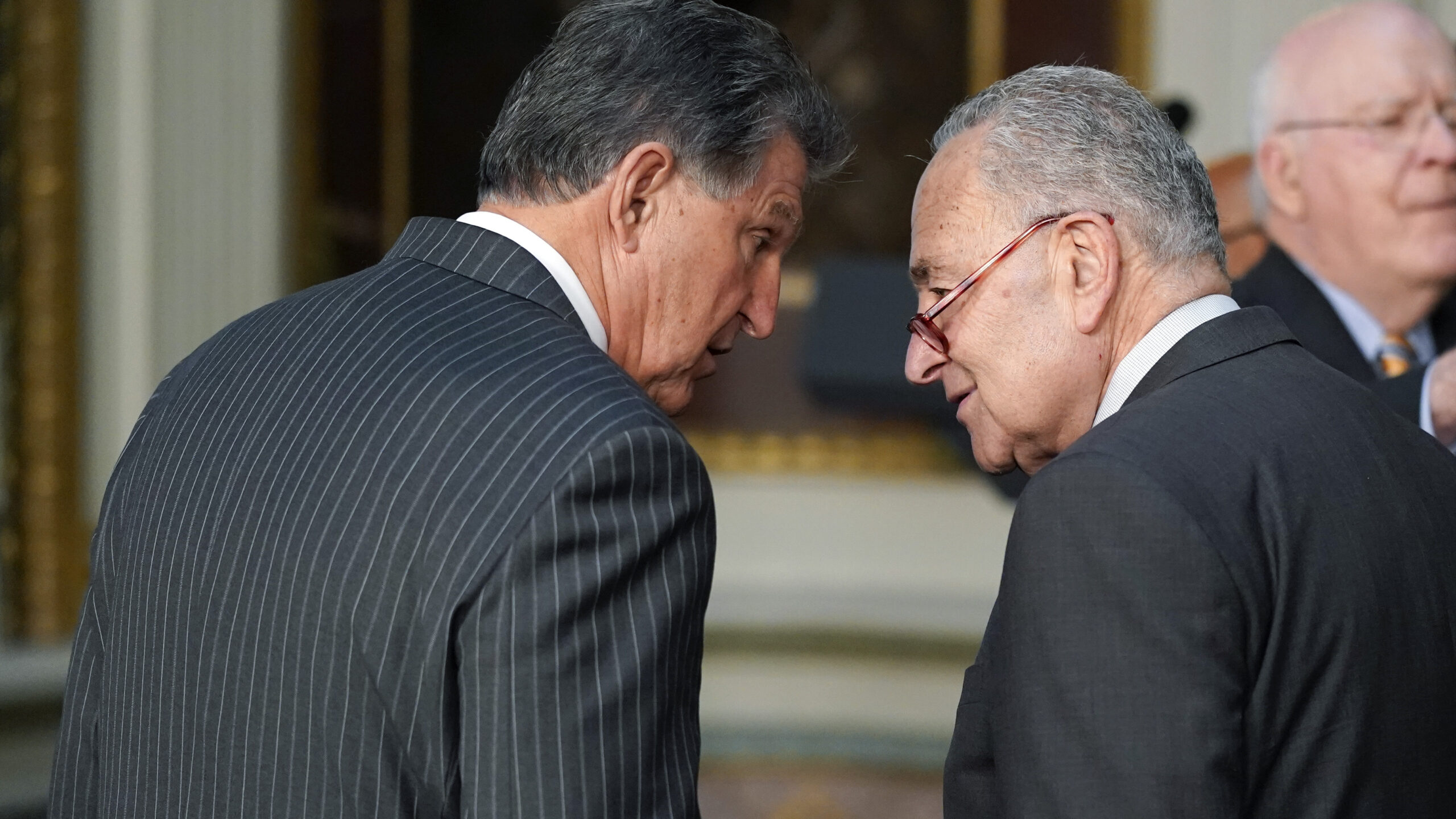A continuing resolution (CR) on the United States budget was passed last Thursday, Jan. 18. The bill funds the Government until early March. The CR reached President Biden’s desk on Jan. 18 and he signed it into law the next day. The budget for the 2023-2024 fiscal year has been an issue facing Congress since the last fiscal year ended in September 2023. House Speaker Mike Johnson (R-LA) has dealt with this issue since becoming speaker on October 25. Johnson became speaker after the ousting of former Speaker Kevin McCarthy (R-CA) three weeks before, on Oct. 3. McCarthy was ousted because of this same issue after Congress passed a CR on September 30.
Upon seeming to come to an agreement with Senate Democrats on Jan. 12, Johnson spoke to the reporters. “After weeks of hard-fought negotiations, we achieved a strong top-line agreement that allows our appropriations committee and all those who work on this to complete the appropriations process, it’s an important part of keeping the government running.”
Senate Majority Leader Chuck Schumer (D-NY) is seeking a deal as well. “The bipartisan topline funding agreement reached ensures that America will be able to address many of the major challenges our country faces at home and abroad. To avoid a shutdown, it will take bipartisan cooperation in the Senate and the House to quickly pass the CR and send it to the President’s desk before Friday’s funding deadline,” Schumer said in a statement on Sunday, Jan. 14.
The same day the CR was passed through Congress the House Freedom Caucus stated on X, “HALF of the @HouseGOP voted against the Johnson-Schumer CR. 107 Republicans and 207 Democrats voted to continue Nancy Pelosi’s spending and Joe Biden’s policies. This is supposed to be a *Republican* majority – not Democrat.” Representative Bob Good (R-VA), the Chairman of the House Freedom Caucus, also made a statement. He stated on X the same day “It tells you all that you need to know when the Democrats didn’t speak against the CR during Floor debate, and voted for it 207-2.” When asked if he was worried he was going to have the same fate as McCarthy, Johnson spoke positively. “We’ve got a small majority. This is the life of a small majority – we’re working together.” Johnson later stated, “I’m not worried about [being ousted] at all. I just met with all those guys. They’re close friends of mine. We agree on the principles.”
The CR passed in the Senate with 77 members voting “yay” to 18 members voting “nay.” It was sent to the House of Representatives the same day and passed 314-108. The Continuing Resolution caps Government spending to 2022-2023 levels as Congress still debates to decide the funding for this fiscal year. The current agreement caps spending levels at $1.66 trillion, with the White House still holding out to hopefully put more funding for actions abroad with measures such as aid to Ukraine. If Congress does not come to an agreement by Mar. 8 the Government will cease operations until they pass a budget deal.


